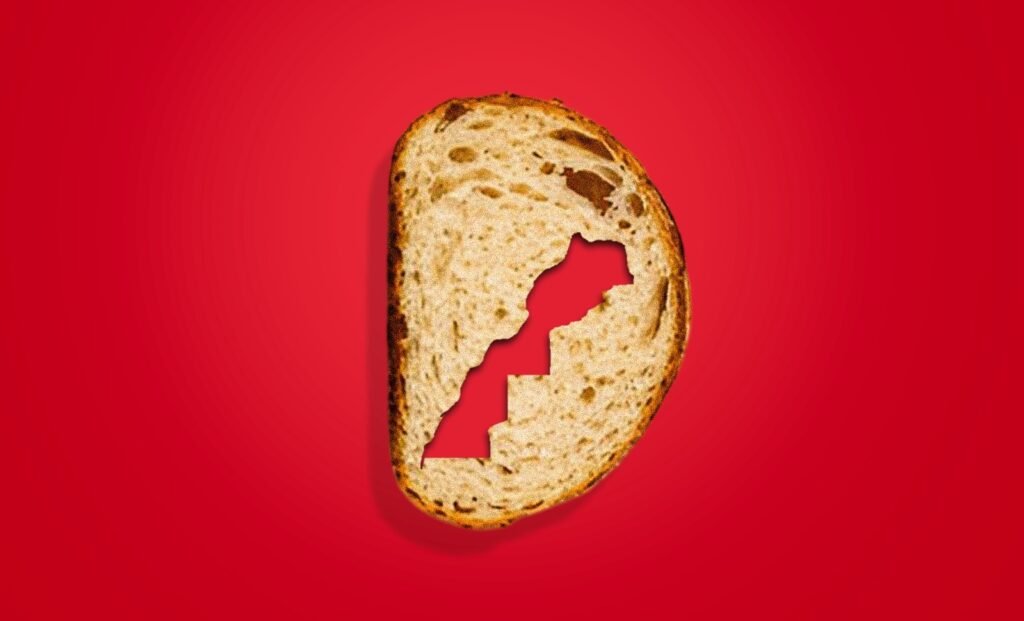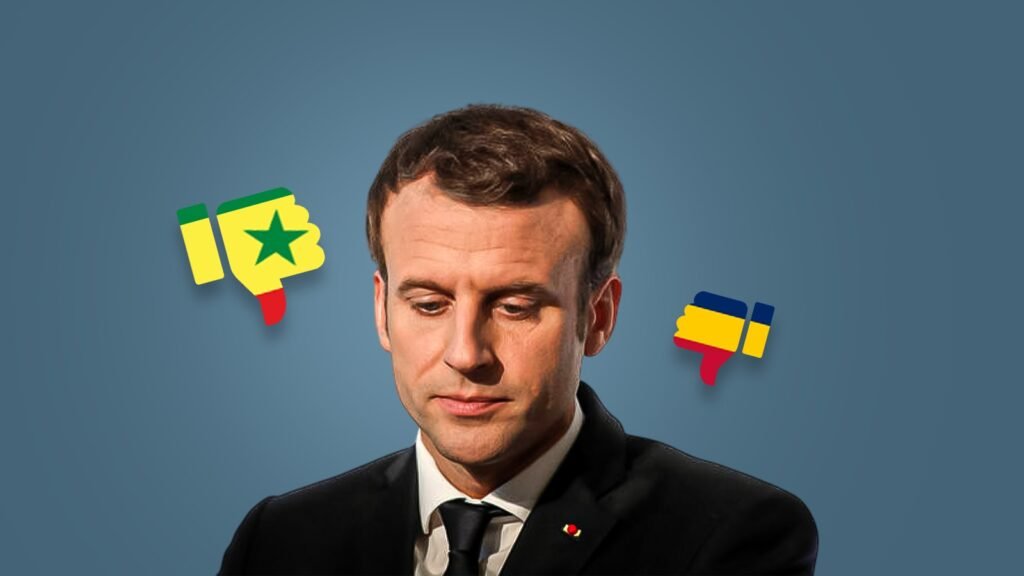Morocco has decided to keep subsidizing wheat imports until the end of 2025, a move that speaks volumes about the country’s ongoing struggle with drought and its impact on food security. The decision, announced by the state grains agency ONICL, ensures that subsidies will remain in place from May 1 to December 31. While this may not be the most glamorous piece of news, it is a big deal for Morocco’s economy, farmers, and the average citizen who relies on affordable bread as a staple.
Drought is no stranger to Morocco, but recent years have been particularly tough. Rainfall has been inconsistent, reservoirs are running low, and agricultural output has suffered. The country’s wheat, durum, and barley production took a massive hit last year, dropping by 43% to just 3.1 million tons. This shortfall has made Morocco increasingly dependent on imports, primarily from the European Union and Russia. Without enough local production to meet demand, the government has had to step in to ensure supply chains remain intact and prices don’t spiral out of control.
In normal years, Morocco often stops or slows wheat imports when domestic harvests are strong. This time, however, there’s no sign of stopping. The continued subsidies highlight how severe the situation has become. The government is essentially acknowledging that without external support, wheat prices could skyrocket, hitting consumers hard. Bread, after all, is not just food in Morocco—it’s a fundamental part of daily life. Keeping it affordable is not just an economic necessity but a political one.
The wheat market is notoriously unpredictable, and Morocco is playing a high-stakes game. Global wheat prices fluctuate due to everything from geopolitical tensions to weather disruptions in major exporting countries. By extending subsidies, Morocco is shielding itself from some of these uncertainties. It’s a calculated move, but not a cheap one. Subsidizing wheat imports costs the government a substantial amount, and at a time when budgets are already stretched, this is not an easy decision. Yet, the alternative—letting prices soar and risking public discontent—is even less appealing.
It’s worth noting that this policy is not just about keeping bread affordable. It’s also about stability. Food prices are a sensitive issue, and history has shown that sudden spikes can lead to unrest. The Moroccan government, like many others, is keenly aware of this. By maintaining subsidies, it is sending a message that it is in control, ready to act to protect citizens from economic hardship. This isn’t just economic policy—it’s damage control.
But while subsidies help in the short term, they are not a permanent solution. Morocco’s agricultural sector is in dire need of reforms and investment. Water scarcity is a growing challenge, and without serious efforts to improve irrigation systems, boost local production, and implement climate-resilient farming techniques, the country will remain vulnerable to future droughts. Relying on imports may work for now, but in the long run, Morocco needs to produce more of its own wheat to avoid being at the mercy of international markets.
The big question is: how long can the government afford to keep these subsidies going? It’s a tricky balancing act. On one hand, ensuring food security and social stability is a priority. On the other, excessive reliance on subsidies can strain public finances and divert resources from other critical areas like education, healthcare, and infrastructure. At some point, Morocco will need to explore alternative strategies, whether through increased local production, better trade deals, or a combination of both.
For now, though, the government is playing it safe. The wheat imports will continue, and the subsidies will remain in place. Consumers may not notice much of a difference when they buy their daily bread, but behind the scenes, there is a complex economic and political equation at play. Morocco is not alone in facing these challenges—many countries are grappling with similar food security issues as climate change reshapes agricultural patterns. But for Moroccans, the priority is clear: ensuring that bread remains accessible and affordable.
This decision also serves as a reminder of how interconnected the world’s food supply chains have become. A drought in Morocco leads to increased wheat imports from Europe and Russia. Global wheat prices, in turn, are influenced by factors as far away as weather conditions in Ukraine or export policies in the United States. What happens in one part of the world has ripple effects everywhere else. For now, the Moroccan government is betting that subsidies will help navigate the immediate crisis. Whether this approach is sustainable in the long run remains to be seen. What is certain, however, is that food security will remain a top priority. After all, when it comes to bread, there is little room for compromise.




